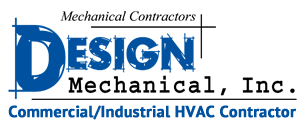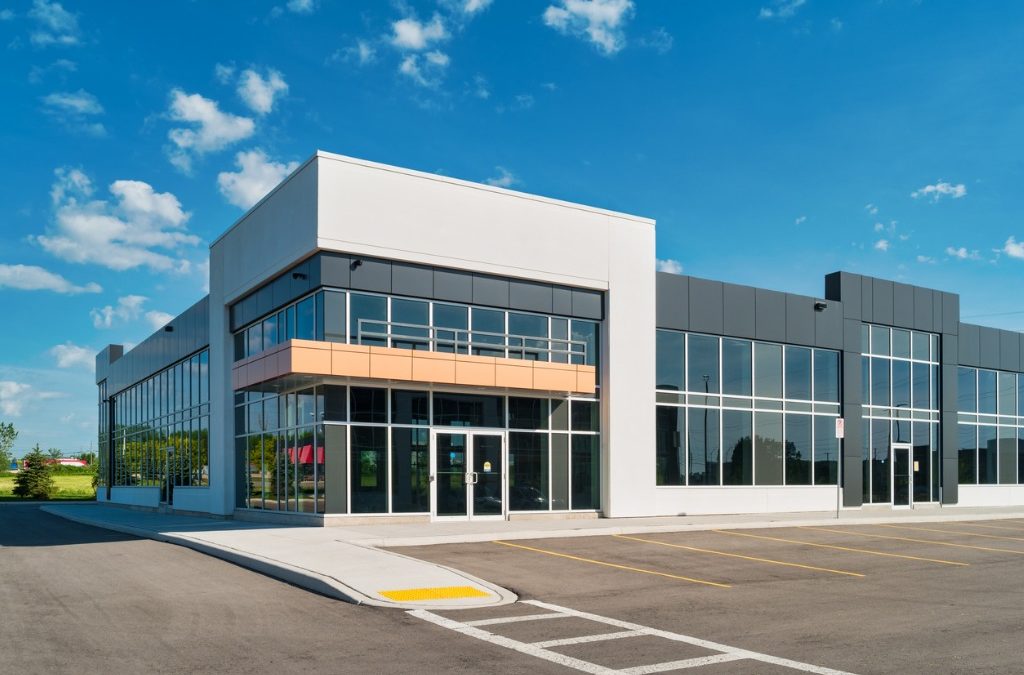How do you manage your property? Do you wait to make repairs until something breaks down, or are you the proactive type? Ben Franklin said it centuries ago, “an ounce of prevention is worth a pound of cure,” and it’s still true today.
Preventative maintenance for commercial buildings lowers your maintenance costs, prolongs the life of your building, and reduces downtime. It’s inevitable that something will break down, but preventative maintenance helps protect your assets and improve your bottom line.
Create a Good Preventative Maintenance Plan
No checklist will be good enough unless you understand the underlying principles of proactive maintenance. It’s not enough to just fix equipment that breaks down.
- Inspect – checking your assets on a regular basis (weekly, monthly, quarterly, or annually) to ensure each item is working safely and at peak efficiency.
- Detect – find issues with your assets before the problem becomes worse and shuts down operations.
- Correct – fix problems when you find them.
- Prevent – prevention improves as you follow a schedule and learn more about maintaining equipment, property, and systems.
7 Main Systems to Monitor
A good preventative maintenance checklist starts with the key areas that are the most important to your operations. You may need to tweak this list to be more accurate to your own property, but these are the main sections of most properties that should be watched.
Exterior and Interior Lighting
Lighting fixtures directly relate to safety and utility costs.
- Inspect lighting fixtures and luminaires. Check that each lamp is working properly and aimed correctly. Look for worn-out hardware or cables.
- Clean surfaces and check accessories.
- Check gaskets and replace to ensure a watertight seal.
- Replace burned-out lights.
Electrical
Once a year, test electrical switches, outlets, and breaker boxes. Check all the electrical components. Look for cracking in the wires or corrosion. Keep your electrical circuit boxes clean from dirt, dust, and debris. You may also want to perform an audit to find ways to reduce your electrical load. Investing in LEDs and other smart electrical equipment on an annual basis can reduce your utility costs without making a huge dent in your budget.
Safety
- Check safety signs, emergency exits, and directional signs, both indoors and outside. Make sure all are visible and working properly.
- Smoke and CO detectors need to be checked regularly. Batteries should be changed annually.
- Inspect the fire alarm and suppression system. Make sure the local fire inspector visits for code approval.
- Check all first aid kits and supplies to make sure they are stocked and supplies are not out of date.
HVAC
- Inspect the HVAC system twice a year, when the AC comes on and again when the heater is needed.
- Check refrigerant or oil levels.
- Make sure the condensate drain pan is draining adequately.
- Check insulation and look for leaks around the tubing and fittings.
- Check the air intake and ductwork. Clean when necessary.
- Inspect the exhaust fans, electrical connections, hardware, and other parts.
- Change the filters monthly or quarterly.
Building Interior
- Inspect the condition of paint, flooring, light fixtures, doors, locks, and window closures for safety hazards, general wear and tear, and other problems.
- Test all interior fire alarms and detector systems.
- Inspect electrical outlets and light switches.
- Look for plumbing problems. Toilets, sinks, showers, and bathtubs should be inspected for leaks and to make sure they’re in good condition. Also watch for signs of pests or mold.
- Inspect furniture and appliances that belong to the property.
- Clean the carpets every four to six months. Have floors professionally cleaned and sealed as required.
Building Exterior
- Inspect sidewalks, parking lot, and driveways for trash, debris, and safety hazards. Watch for deterioration of the concrete or asphalt.
- Check the landscaping for weeds and debris around the building. Remove tree branches that might fall or damage the property.
- Annually inspect the roof. Clean the drains and gutters. Flush downspouts with water to make sure they’re working properly.
- Walk the property once a month watching for problems on the property, exposed wires, standing water, cracks in the sidewalk, etc.
Plumbing
- Plan a schedule of inspection based on usage, such as before heavy use in the summer or when the system can experience weather-related issues, such as frozen pipes in the winter.
- Look for leaks in the interior and exterior pipes.
- Inspect and test water heaters or boilers.
Consider Asset Management Software
When you’re getting started with preventative maintenance, it can be hard to track who is responsible for which jobs and what is being done and when. It’s not enough to perform maintenance; you need to track the results so that you’re not duplicating jobs or missing problems.
Asset management software or equipment tracking software can keep you on schedule and keep up with the history of the building and any warranties. It may even track inventory, so you know what you have on hand to work with.
Work with Professionals
Professional technicians often can find small problems that a layperson would miss. It can be valuable to have professionals come in for an inspection and diagnostic services to check your major systems for problems.
HVAC companies have tools and resources that could measure air quality and test parts of the system that may not be affordable for your small property management team to have. An annual service agreement could help your system last longer, which would make it more budget-friendly when you calculate the long-term savings.
Design Mechanical, Inc. provides a wide variety of commercial HVAC services to businesses in the Kansas City community. Our customers include hospitals, labs, data centers, and warehouses.
We’re on call 24/7, but our goal is to keep your system operating well all year long so that you never need emergency service. We can help you with upgrades and saving energy to make your property more profitable. Contact us to learn more about how we can help you maintain your HVAC system!

